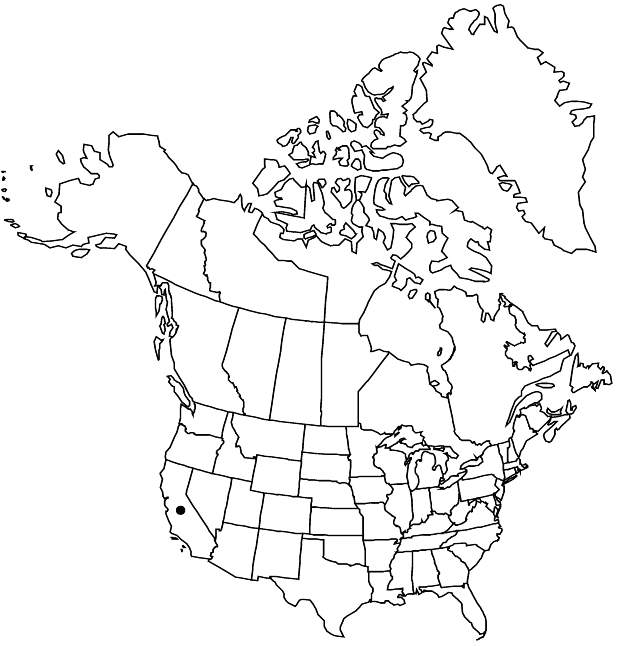Arctostaphylos virgata
in C. S. Sargent, Trees & Shrubs 1: 203, plate 96. 1905 ,.
Shrubs, erect, 1–5 m; burl absent; twigs densely glandular-hairy. Leaves: petiole 2–4 mm; blade bright green, ± shiny, narrowly oblong-ovate to oblong-lanceolate, 3–5 × 1–2.5 cm, base truncate to slightly lobed, margins entire, plane, surfaces papillate, sparsely glandular-hairy. Inflorescences racemes, simple or 1-branched; immature inflorescence pendent, (concealed by bracts), axis 1.5–2 cm, 1+ mm diam., densely glandular-hairy; bracts not appressed, (green), leaflike, linear-lanceolate, 8–20 mm, apex acuminate, surfaces densely glandular-hairy. Pedicels 3–8 mm, finely glandular-hairy. Flowers: corolla white, conic to urceolate; ovary glandular-hairy. Fruits depressed-globose, 6–8 mm diam., finely glandular-hairy, (viscid). Stones distinct. 2n = 26.
Phenology: Flowering early winter–early spring.
Habitat: Maritime chaparral, open, closed-cone conifer forests
Elevation: 0-500 m
Discussion
Of conservation concern.
Arctostaphylos virgata is associated mostly with Pinus muricata on the Point Reyes peninsula; populations are found at nearby sites from Bolinas Ridge, Muir Woods, and San Geronimo Ridge, Marin County.
Selected References
None.
